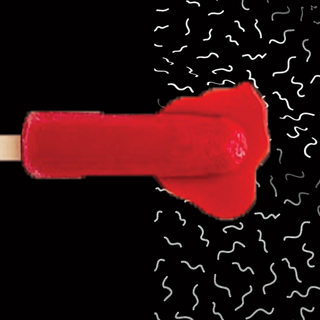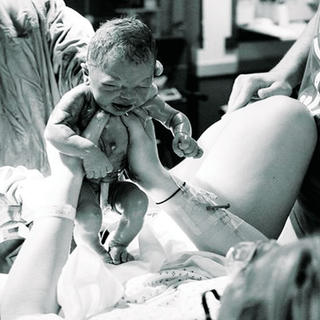A new study has found that teenagers who were exposed to alcohol while in the womb showed altered brain connections that impair their cognitive performance.
This, says a group of international researchers, is one of the first major steps in finding the biological changes in the brain responsible for fetal alcohol spectrum disorder (FASD), a condition characterized by certain facial characteristics,short height and low body weight, cognitive difficulties, and/or behavior problems that occur as a result of maternal alcohol consumption during pregnancy.
These findings were reached by measuring the responses from a brain imaging technique called magnetoencephalography (MEG) and then analyzing them.
Related on The Swaddle:
We Still Don’t Know Enough about Light Drinking during Pregnancy
Brain imaging data from 19 FASD patients and 21 subjects without FASD showed impaired connectivity in several areas of the brain among the FASD group. Subjects who were exposed to alcohol in the womb were more likely to have issues with connections through their corpus callosum, the band of brain tissue that connects the left and right halves of the brain. Deficits in this area have been reported in people with schizophrenia, multiple sclerosis, autism, depression and abnormalities in sensation, though there is no evidence children with FASD are at increased risk for these conditions, merely that FASD resembles them.
The researchers added that this may be the first time anyone has been able to quantify the effects of alcohol exposure on a developing brain.
“This work presents major evidence that children exposed to alcohol prenatally are at risk of suffering from impaired cognitive abilities and other secondary factors,” Lin Gao, one of the authors of the study, said in a statement.
Unfortunately, the jury is still out as to what amount of alcohol exposure leads to FASD. Most studies of FASD tend to focus on moderate to heavy drinking by women during pregnancy; however, other studies have concluded that minimal alcohol consumption didn’t increase markers of a risky pregnancy, or affect children’s executive function abilities later.
Still, the new study concluded by saying the findings validate the common advice not to drink alcohol during pregnancy at all, given the now-documented serious effects of FASD.




